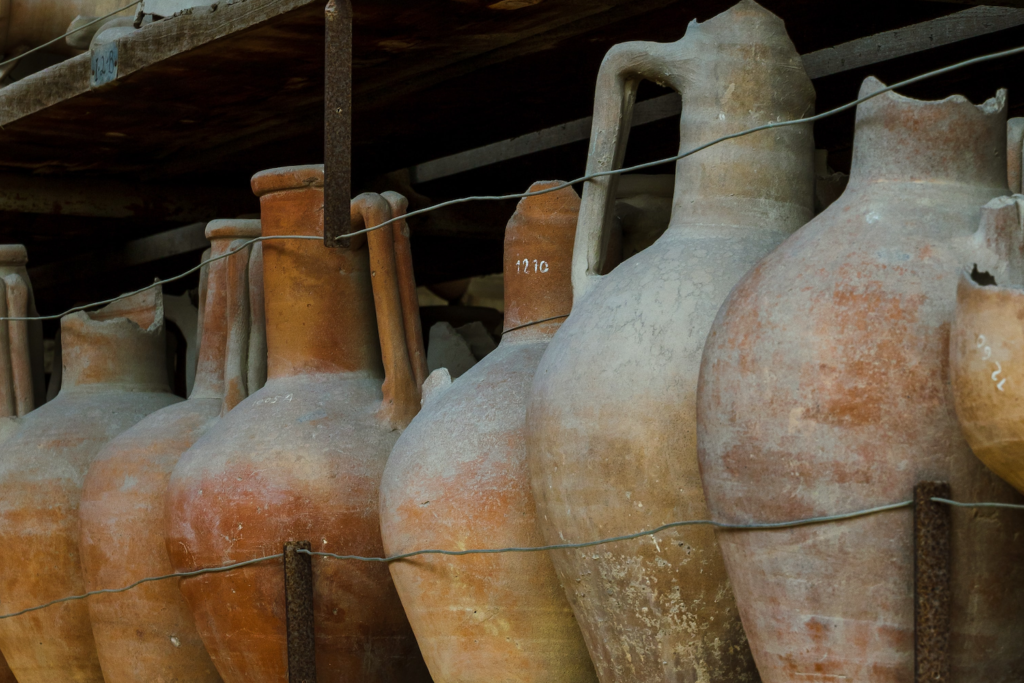The ancient Egyptian equivalent of a “voodoo doll” was to write one’s enemy’s name on a clay statue or pottery vessel and then smash the pot while pronouncing a curse. Archaeologists have uncovered hundreds of such pottery pieces, called “execration texts.” Dating about the time of Joseph (19th–18th century BC, Egyptian 12th dynasty), they contain the names of many towns in Palestine and their rulers considered at the time to be enemies of the Egyptian state. Many of these are towns mentioned in the Bible, which underlines the authenticity of the biblical account. They also verify that cities were ruled at the time by “kings.” Some of the towns identified are Acco (Judg. 1:31), Aphek (Josh. 12:18), Achshaph (Josh. 11:1), Ashkelon (Josh. 13:3), Beth-shean (Josh. 17:11,16), Beth-shemesh (Josh. 15:10), Bozrah (Gen. 36:33), Damascus (Gen. 14:15; 15:2), Ekron (Josh. 13:3), Laish (Judg. 18:29), Midian (Ex. 2:15-16), Migdol (Ex. 14:2; Num. 33:7), Rehob (Num. 13:21; Josh. 19:28, 30), Shechem (Gen. 12:6; 33:18;37:12-14), Byblos, and Jerusalem (Josh. 10:1).
Although not referring to the patriarch of Israel, the name Aburahana as an Egyptian transcription of a Semitic name is also found in these texts (m and n often interchange in such transcriptions). The Hebrew word chanikim, rendered “trained,” found in the Bible only in Genesis 14:14, is also found in the execration texts, supporting the credibility of the Genesis 14 account.
This post is an excerpt from the Apologetics Study Bible by Holman Bible Publishers. It is used with permission. You can purchase this resource in its entirety here.
Published February 6, 2018




